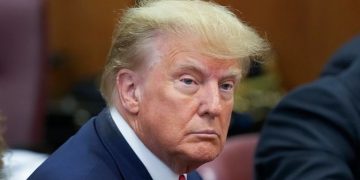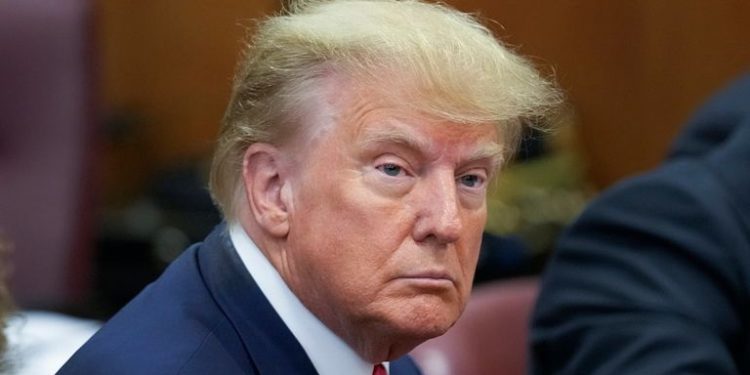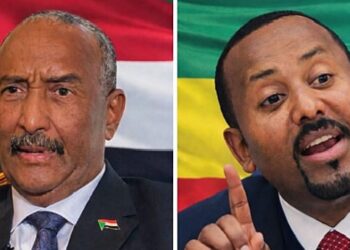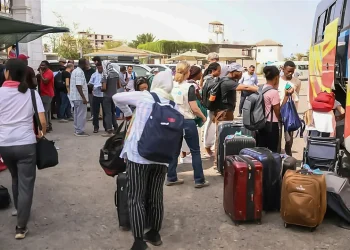The United States has announced a freeze on the majority of its foreign aid, leaving only Israel, Egypt, and emergency food assistance exempt from the directive.
The pause, introduced through an executive order signed by President Donald Trump on his first day in office, halts funding for 90 days as the administration reassesses how aid aligns with its foreign policy objectives.
A detailed memo outlining the freeze has not been made public, but it reportedly bars any new allocations or extensions of existing aid unless specifically authorised by Secretary of State Marco Rubio.
Ukraine’s absence from the exceptions list has sparked concerns that funding initiated under former President Joe Biden might also be at risk. However, Israel and Egypt, two of the largest recipients of US military aid, remain unaffected by the review.
Abby Maxman, head of Oxfam America, voiced strong opposition to the decision in remarks to AP News. She warned that the freeze “creates uncertainty for humanitarian and development programmes, preventing aid workers from planning or acting effectively” and could have “devastating consequences for countless children and families in crisis.”
Proponents argue that the pause is a long-overdue measure to ensure that foreign assistance serves national interests. Senator Tom Cotton (R-Arkansas) defended the move in comments to Politico, saying, “We need to ensure every taxpayer dollar spent overseas advances America’s strategic priorities. This review is long overdue.”
Critics caution that the suspension could undermine the US’s global influence and its capacity to address urgent international challenges. Sarah Margon, a former official with Human Rights Watch, told The Wall Street Journal, “By halting aid, the US sends a troubling message to vulnerable communities around the world and risks creating a vacuum that adversaries like China and Russia will eagerly fill.”




































